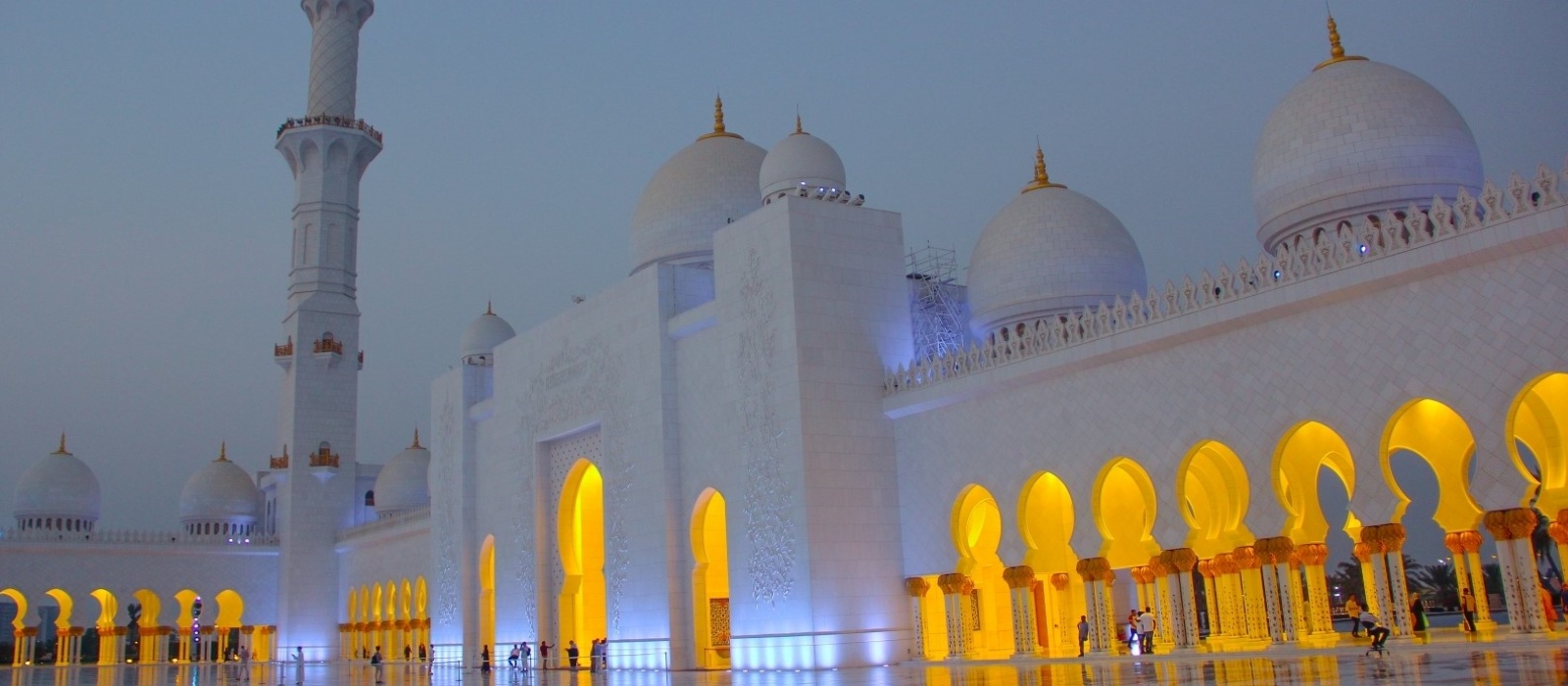Global Religions: Identity and Community
BGInS Specialization
Religions can promote peace, or they can create or exacerbate violence. Religions can generate and bolster a sense of national identity; equally, many religions foster a sense of transnational allegiance and identification. Religion can act to legitimate state authority and the status quo; equally, religion can provide the impetus for revolutionary change sought by marginalized and oppressed communities. Students will encounter questions regarding the role of religion in modern, secular states: the location of religion as either deeply private and personal or as a powerful actor in the public sphere.
Global Religions: Identity and Community focuses on the role that religious traditions continue to play in the global context – often in tension with the process of secularization. We theorize religion (singular) as a human phenomenon and generate knowledge of religions (plural) in their historical development and global spread. Religions are, arguably, the oldest of transnational institutions. Among our aims is the production of “religious literacy” – a knowledge of the fundamental beliefs, practices, and social formations of the multifarious religious traditions on our planet. This literacy is crucial to understanding the role that religious thought and commitment exercise in influencing, or even shaping, phenomena such as politics, international conflict, gender roles, and economic activity. Religions, for instance, lie behind worldviews that shape environmental behavior and ethics. Indeed, religion has long served to articulate ultimate values and as a resource for the development of ethical traditions in general.
Students will learn to think about the complex ways in which religion informs identities and the construction of communities. While world religions programs often study particular traditions in separate civilizational or geographical containers, our specialization encourages students to think about how various religious traditions have been informed by cross-cultural encounter. Colonialism, mission, migration, and diasporic populations mean that religions transcend geographical and national boundaries. Further, religion is inextricably connected to culture and so an education in the history of religions also generates knowledge of world art, music, and literature. Communication technologies and migration mean that these cultural expressions are now transnational.
Religion courses may include site visits in Ottawa and Religion travel courses offer international exposure. Students in the specialization will develop a nuanced understanding of the tensions and dynamics of a diverse and multi-religious society and important skills in intercultural competency. This provides a foundation for graduate work in Religious Studies and a broad range of governmental and non-governmental settings that deal with the problems of pluralism, rights, conflict, and multiculturalism.
For more information and First Year Foundation Courses, please visit the BGInS website here.
